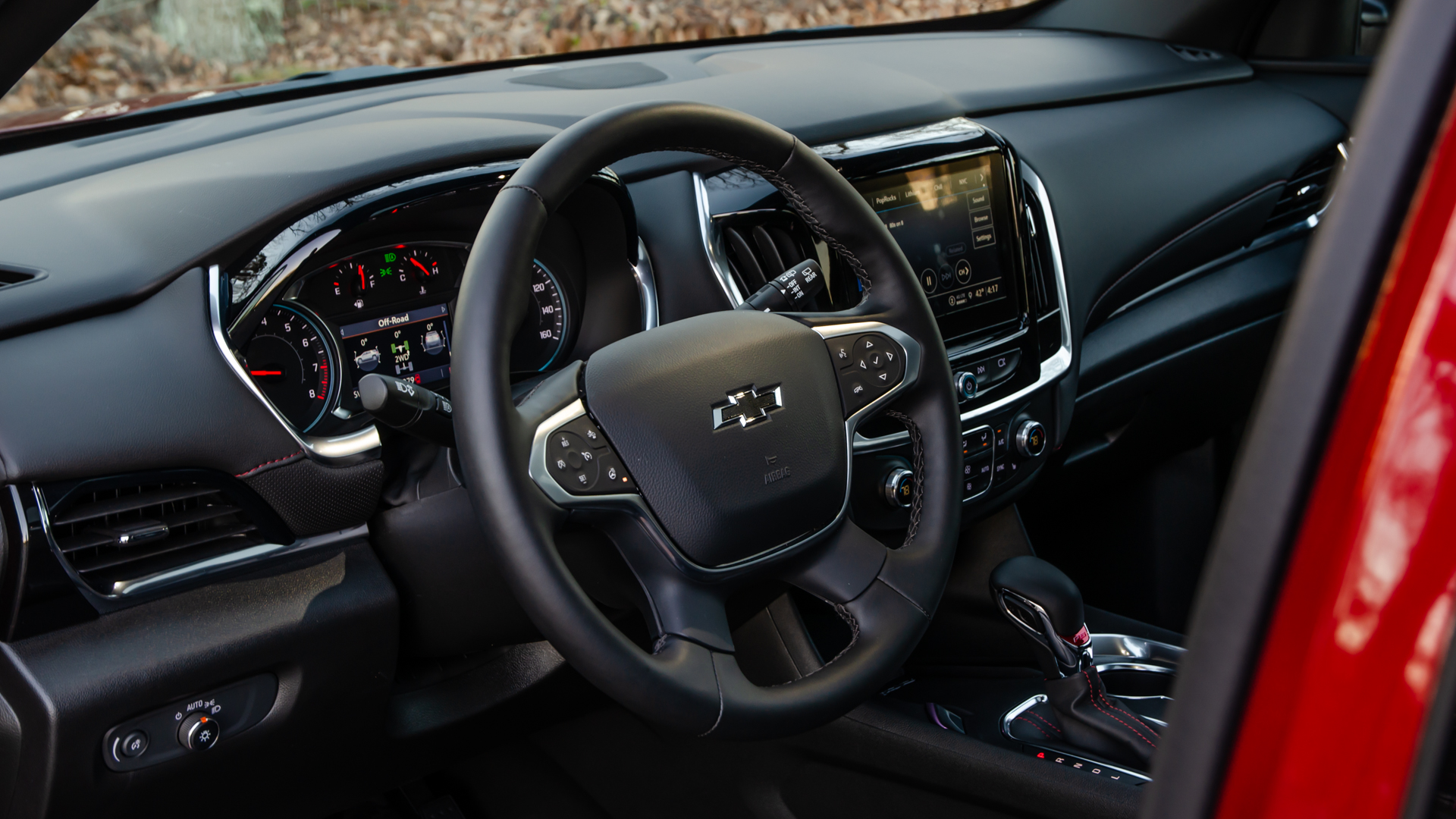

We could be seeing yet another airbag-related recall in North America. After an eight-year investigation, the National Highway Traffic Safety Administration (NHTSA) is demanding that ARC Automotive Inc., based out of Knoxville, Tennessee, issue a recall for 67 million airbag inflators. According to NHTSA, the inflators can potentially send shrapnel through the cabin in the event of a crash, causing injury or death. However, ARC Automotive is pushing back.
NHTSA began in the investigation in 2015, when two airbag ruptures happened in the United States, both of which used ARC inflators. In 2016, another ARC inflator rupture was reported in Canada, which ended in a fatality, so NHTSA expanded the investigation
The way ARC’s hybrid, non-toroidal inflators work is that stored gas fills the airbag through a single orifice, after being excited by propellant. Following the investigation, NHTSA concluded that the orifice can get clogged by welding debris, thus causing too much pressure to build inside the inflator.
“Over pressurization of the inflator has the potential to cause it to rupture resulting in metal fragments being forcefully propelled into the passenger compartment,” said NHTSA in a recent letter to ARC.
In January 2018, ARC started adding borescopes to their inflator manufacturing lines to check for welding debris and NHTSA hasn’t found any defective inflators built after that point.
However, in a letter written on Friday, May 11, ARC Automotive’s Steve Gold pushed back against NHTSA’s findings.

“Despite a lengthy investigation, the Agency’s current position is not based upon any objective technical or engineering conclusion regarding the existence of a defect, but rather conclusory statements regarding hypothesized blockage of the inflator orifice from ‘weld slag,'” said Gold.
Gold argues that weld slag wasn’t the cause of inflator rupture in two of the seven field incidents, so that can’t be determined as the cause. He also points out that the 67 million inflators manufactured during an 18 year period were built on multiple manufacturing lines, in different locations, making it difficult to prove systemic defects.
Additionally, Gold argues that the Safety Act, which allows NHTSA to issue recalls, “expressly provide that vehicle manufacturers, not original equipment manufacturers, shall have recall responsibility for any defects found in original equipment installed in their vehicles.”
On March 22, 2023, a Chevrolet Traverse was involved in a crash in Michigan that caused its airbags to deploy and the driver-side airbag inflator ruptured. It was a Toyoda Gosei airbag that used a dual-stage ARC inflator, which was manufactured in Reynosa, Mexico, and the driver sustained facial injuries. It was one of three incidents of Chevy Traverse models (two 2015 models, one 2017) suffering ruptured ARC inflators.
Following that incident, GM launched an investigation and subsequent recall for nearly one million vehicles (994,763 Chevy Traverse, Buick Enclave, and GMC Acadia models).
GM isn’t the only manufacturer to have not only used such ARC inflators but recalled them, too. Other brands that have recalled cars for ARC inflators include BMW (36 cars), Ford (650), and Volkswagen (1,216).
While ARC is pushing back on the recall demand, it claims to be committed to working with NHTSA to get to the bottom of these ruptures.
Got tips? Send ’em to tips@thedrive.com